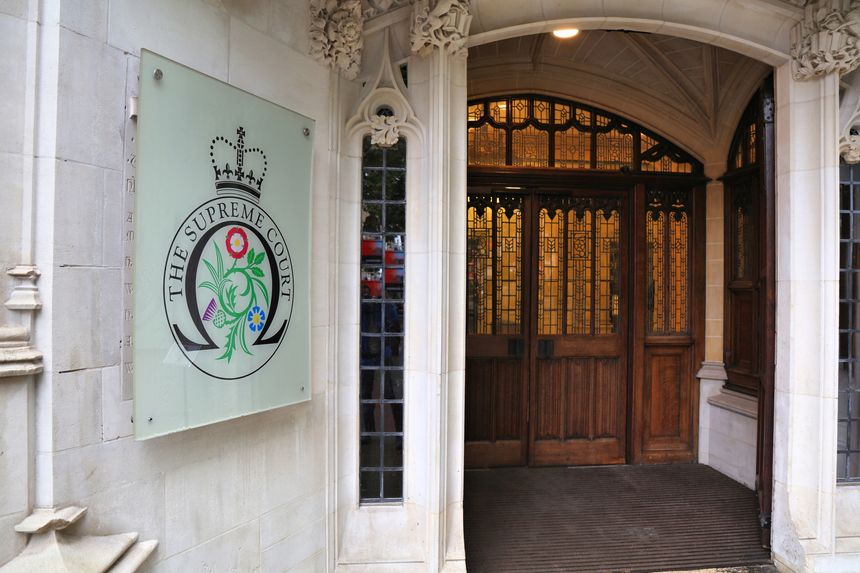Supporting charities as Supreme Court re-examines the Cheshire West deprivation of liberty judgment
Between 20 to 22 October, 2025, the Supreme Court heard a reference made by the Attorney General for Northern Ireland in relation to what amounts to a deprivation of liberty.
In 2014 the Supreme Court handed down a judgment which became known as Cheshire West. It set out the ‘acid test’ for when someone is deprived of their liberty in accordance with Article 5(4) of the European Convention on Human Rights (ECHR).
The test was taken from an examination of cases handed down by the European Court of Human Rights (ECtHR), which, in the case of Storck outlined that in order for someone to be considered to be deprived of their liberty the following three factors needed to be present:
- An objective element to the confinement, based on the person’s concrete situation;
- A subjective element as to whether someone had validly consented to the confinement; and
- The arrangements were imputable to the state.
What the acid test of Cheshire West mean
After years of a lack of clarity and difficulty applying the test in practical situations, the acid test laid out in the Cheshire West judgment provided a workable test to identify whether the objective element of the test was met. This was:
- The person was subject to continuous supervisions and control;
- They were not free to leave; and
- The arrangements were made by the state.
The Cheshire West case didn't address the subjective limb of the Storck test, as it was agreed that the people didn't have decision-making capacity and couldn't give ‘valid consent’ to their confinement.
Attorney General's reference
The reference by the Attorney General concerned the subjective part of the test laid down by the Storck case. Their argument was that where someone doesn't have mental capacity to make decisions as to their deprivation (i.e. the person cannot understand, retain, use and weigh the relevant information to make a decision,) they might still able to provide valid consent to their confinement through actively expressing positive wishes and feelings about the arrangements in place.
Department of Health and Social Care's intervention
The Department of Health and Social Care (DHSC) intervened in the Attorney General’s reference and attempted to widen the scope of the case, inviting the court to reexamine in totality the acid test for when a person was considered to be objectively detained as laid down in Cheshire West.
DHSC submitted that the acid test was incorrect and that the objective element of the test should also take into account the wishes and feelings of the detained person, whether they are objecting and whether there needs to be an element of coercion for there to be a deprivation of liberty.
Legal experts represent charities in Supreme Court hearing
Irwin Mitchell represented two of the intervenor charities, National Autistic Society and Mencap. It also worked with Mind’s legal team.
The charities argued that people without decision-making capacity couldn't give ‘valid consent’ to being detained, and that safeguards (including periodic, independent reviews) should be in place where people without capacity were being cared for in restrictive settings.
The charities' legal argument
The charities also argued that the Cheshire West case had been decided correctly in accordance with case law handed down by the ECtHR and that there had been no further cases handed down which required it to be re-examined.
The charities argued that it wasn't appropriate for the DHSC to attempt to widen the scope of the refence. Most importantly, it was also outlined that any change to the interpretation of deprivation of liberty safeguards would create confusion.
Instead of helping people with mental health problems, learning disabilities and/or autism, the proposed changes were likely to weaken the legal safeguards around them and put them at greater risk of harm.
The Supreme Court will hand down judgment at a later date.
Find out more about Irwin Mitchell's expertise in supporting charities and families affected by human rights issues at our dedicated protecting your rights section.

